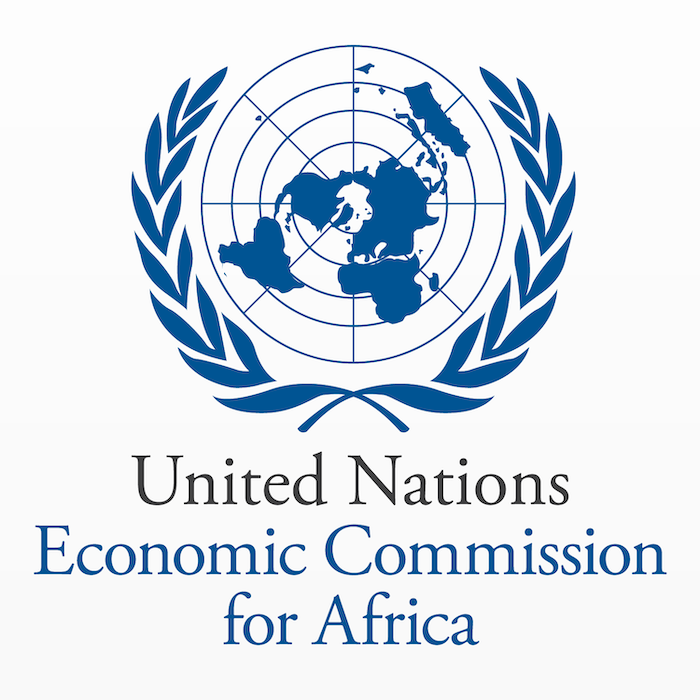The ECA Offices for North and West Africa convened an expert group meeting on Wednesday, November 1st, in Accra (Ghana) under the theme “Transition to Renewable Resources for Energy and Food Security in North and West Africa.”
The meeting took place within the context of the second joint Intergovernmental Committee of Senior Officials and Experts (ICSOE) for North and West Africa. Participants examined the impact of climate change in both sub-regions, discussed practical measures for countries to adapt and safeguard their energy and food security, while advancing their development and made some important recommendations.
Experts, researchers, development practitioners, and representatives from 22 North and West African countries attended the meeting, and discussed three critical issues:
The impact of climate change and its implications for economic and social development strategies.
Energy security and climate change challenges, and especially the pivotal role of renewable energy in meeting the needs of the populations.
How intra-African trade can facilitate and accelerate the energy and agricultural transition, especially by contributing to food security and the emergence of sub-regional value chains in the agriculture sector.
“In North Africa, it is estimated that water scarcity could affect up to 71 percent of GDP and 61 percent of the population, compared to 22 percent and 36 percent for the rest of the world. However, alternatives remain: by relying on renewable resources, we can not only address these challenges but also accelerate sustainable economic development and social development in the region, along with poverty reduction, job creation, and social equity,” said Zuzana Brixiova Schwidrowski, Director of the ECA office for North Africa.
“Food insecurity is unfortunately a structural challenge in Africa, affecting 20% of the continent’s population compared to the global rate of 9.8%. In this context, three imperatives are evident: increasing agricultural and cereal productivity, mobilizing more domestic resources, and expediting the implementation of the AfCFTA, which serves as our cornerstone for poverty reduction and the acceleration of structural transformation,” said Ngone Diop, Director of the ECA office for West Africa.
Despite its limited contribution to global warming, Africa is significantly affected by this phenomenon: Currently, 17 out of the 20 countries most threatened by climate change are located in Africa and climate change already impacts 2 to 9 percent of national budgets across the continent[1]. According to the latest report from the Intergovernmental Panel on Climate Change (IPCC), North Africa and West Africa are particularly vulnerable with 1.5°C to 3°C expected temperature increases which poses significant threat to populations’ health, productivity and food security.
In response to this situation, African countries have to redirect a growing portion of their public finances towards mitigation efforts and the protection of their populations, thereby depriving themselves of resources needed to finance development, safeguard development gains and implement the Sustainable Development Goals (SDGs).
These constraints underscore Africa’s crucial need to develop innovative growth models capable of preserving and enhancing the well-being of their populations while adapting to climate change and contributing to its slow down.
These models should include appropriate land and water management within the framework of sustainable agriculture, the use of renewable energy to meet national energy needs in a variety of sectors including transportation, industries, heating, cooling, etc., and the establishment of financing models that can address such needs.
Distributed by APO Group on behalf of United Nations Economic Commission for Africa (ECA).
